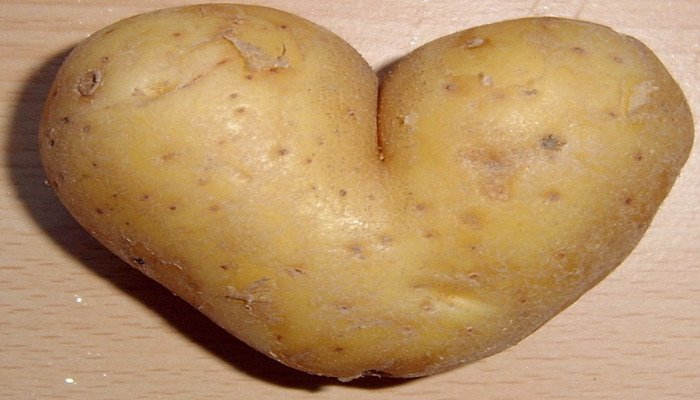
by Dr. Michael Murray | Dec 2, 2013 | Healing Food Facts
Mashed potatoes are a holiday classic. As a member of the nightshade family, potatoes are relatives of the tomato, eggplant and bell pepper. Surprising to some, there are over 100 different varieties. Native to the Andes Mountains in Bolivia and Peru, potatoes have...
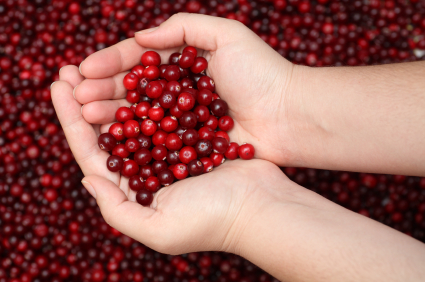
by Dr. Michael Murray | Nov 26, 2013 | Healing Food Facts
In the days leading up to the Holidays, lets focus on traditional foods served at the year’s biggest meal. Cranberry sauce, weather the canned jelly or whole, has become a Thanksgiving classic that no table is complete without. Grown in the wild in North America,...

by Dr. Michael Murray | Nov 19, 2013 | Healing Food Facts
Corn has become the quintessential symbol of the harvest season. Almost everyone grew up hearing the story of Native Americans sharing their knowledge of corn with the pilgrims, leading to the fabled first Thanksgiving. The earliest use of corn in Central America...
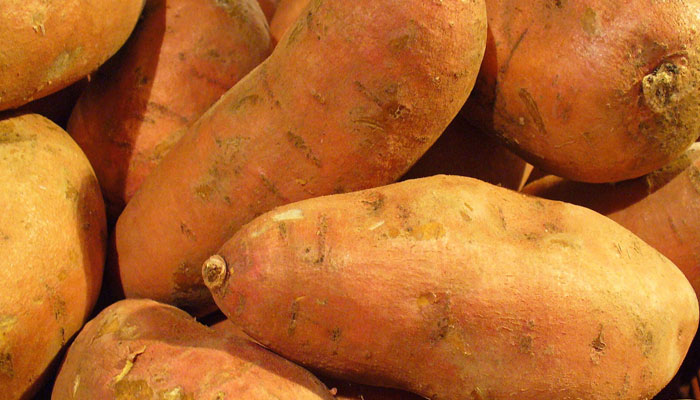
by Dr. Michael Murray | Nov 12, 2013 | Healing Food Facts
Sweet potato pie, casserole and other dishes, are frequently served at Thanksgiving dinner. A favorite of many, the sweet potato is not a member of the potato family. It is actually considered a Convolvulaceae, or morning glory family. Sweet potatoes are a native to...
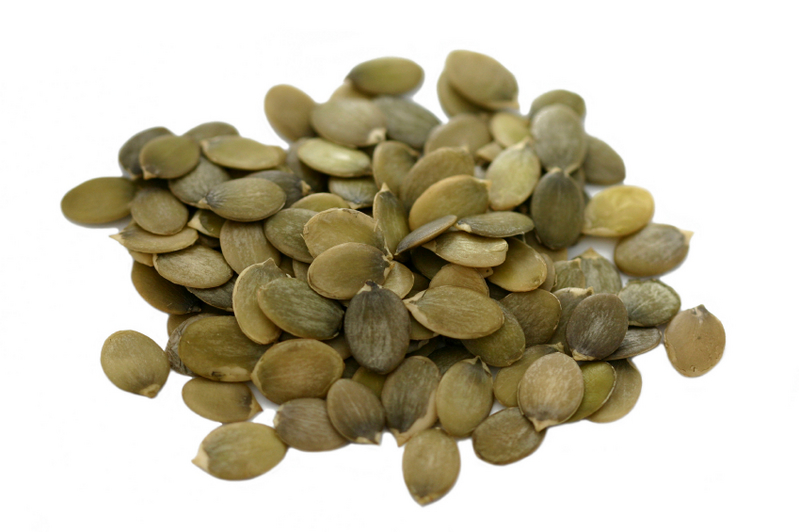
by Dr. Michael Murray | Oct 21, 2013 | Healing Food Facts
Continuing with our pumpkin theme, pumpkin seeds are another great fall favorite. Although sometimes discarded after carving pumpkins, many use them to make a healthy snack. Pumpkin seeds were consumed by Native Americans for hundreds of years and were also thought to...
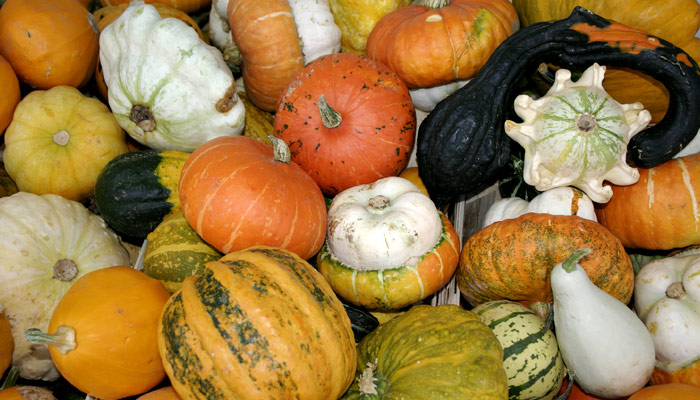
by Dr. Michael Murray | Oct 14, 2013 | Healing Food Facts
With Halloween just a few weeks away, pumpkins are in high demand. As a member of the winter squash family, pumpkins share similar nutritional qualities to the acorn, butternut, spaghetti, and turban squash varieties. When many people think of pumpkins, they often...









